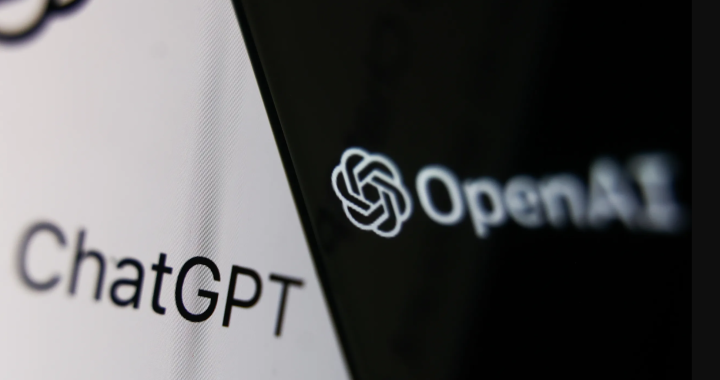ChatGPT will be investigated by the US Federal Trade Commission for harming consumers, and for deceptive privacy and data security practices.
The FTC action has been revealed in a leaked letter that orders ChatGPT owner OpenAI to not only provide a swag of documentation about its operation and the development of its Large Language Models, it also requires it to detail every step it took to classify material and protect the public interest when it used online data to train the models.
Its failure to do this adequately could, in the most extreme case, give the FTC the leverage to not only impose massive fines, but arguable also to order the shutting down of ChatGPT in its present form. The questions also order OpenAI to detail how its large language models could be retrained from scratch.
Action by the US regulator comes as high profile US authors lodge lawsuits against OpenAI for breaching copyright by using their works to train ChatGPT’s language skills.
In the letter obtained by The Washington Post, the FTC says it is investigating whether OpenAI engaged in “unfair or deceptive privacy or data security practices or engaged in unfair or deceptive practices relating to risks of harm to consumers, including reputational harm”.
Apart from gaining notoriety from producing a first-to-market product, OpenAI has been massively successful financially. In May it was given a $US30bn valuation and listed at number 1 on the Disruptor 50 list. It closed a $US300m funding round the previous month.

OpenAI boss Sam Altman. Source: Wikipedia
But its huge wads of cash may be under threat given the millions of users and organisations which could potentially claim reputational damage, breach of copyright, and misuse of private data buoyed by any FTC findings published against it.
Yesterday ChannelNews published details of actions by the five authors who are taking on ChatGPT in the courts saying the chatbot had been trained on their copyrighted works without consent, credit or compensation.
The authors’ actions also target Meta’s AI engine, LLaMA. There is no indication yet whether the FTC will include other AI chatbots in its investigation.
The FTC move also could impact companies who have leveraged ChatGPT for their own purposes. Chief among them is Microsoft, which reportedly invested $US10bn into the open source platform and makes the chatbot readily available on its platforms.
The FTC letter starts by demanding that OpenAI retain all its documentary materials and product all contractual agreements it entered into from 2017 onwards.
The letter’s 49 “interrogatories” require OpenAI to divulge all officers, directors, principles and owners, its financial earnings, its governance models, licensing, marketing and to describe in details all of its large language model products, and identify third parties who have accessed them.

Importantly, OpenAI has to detail how it obtained its data – whether it scraped it, purchased it, or obtained it by other means. “The extent the data was derived from publicly available websites, a list of all such websites and, for each, the percentage of the data corpus that is derived from that website”, the letter says.
OpenAI has to detail how it assessed and reviewed the content of data used to train its large language models, and divulge the names of all the individuals involved with it. It also needs to detail the process of retraining the models to create new versions of them.
It has to describe how it assessed “risk and safety” before it released a new Large Language Model. It has to describe in detail the steps the company takes, if any, to prevent personal information from being included in training data.
The large list of question is a minefield for OpenAI which could easily be exposed as being inadequate and negligent in its handling and vetting of training data, if insufficient steps were taken.
That outcome would not only allow for the FTC to impose massive penalties, but would lay the groundwork for endless lawsuits that could take years to go through the courts, both in the US and overseas.
The long timeline under investigation could also drag in Elon Musk given the feud he had with OpenAI CEO Sam Altman over the direction the company was taking.

This all suggest there is a growing possibility that ChatGPT in its present form could be shut down. That may seem farfetched, however, if ChatGPT is found legally to breach copyright and privacy laws, damage reputations and to contain massive amounts of wrong information, how could it be allowed to continue to breach those laws in its present form? That would be unconscionable.
Ironically Altman has reacted by expressing his disappointment to the leaking of the FTC’s letter into the public domain – a breach of confidentiality.
“It is very disappointing to see the FTC’s request start with a leak and does not help build trust,” he said on Twitter. “That said, it’s super important to us that out technology is safe and pro-consumer, and we are confident we follow the law. Of course we will work with the FTC.”
Published by Channel News Australia.
